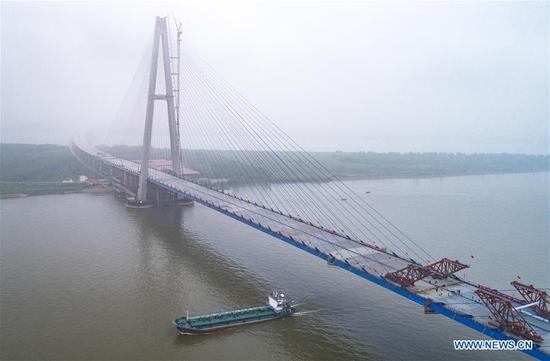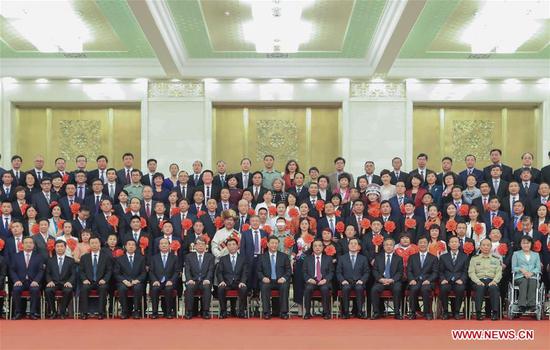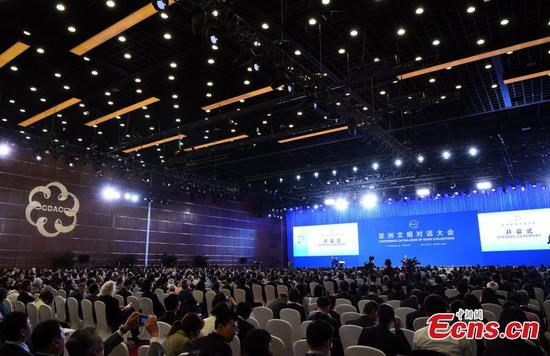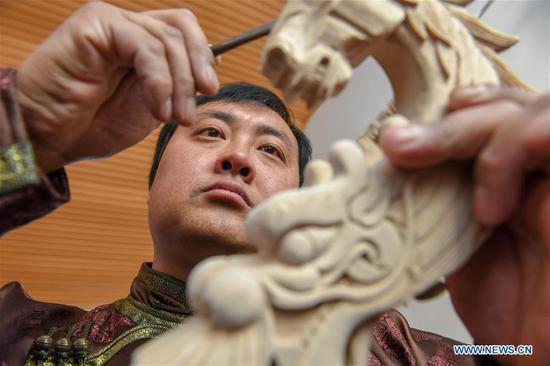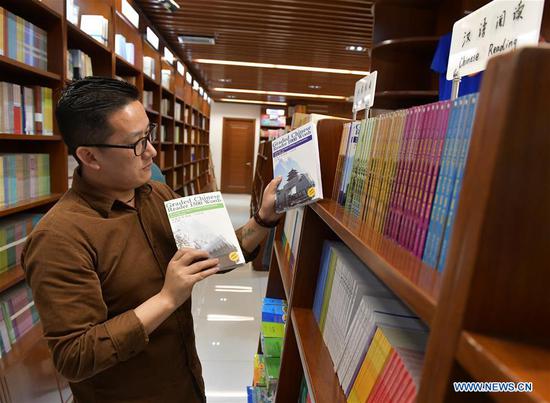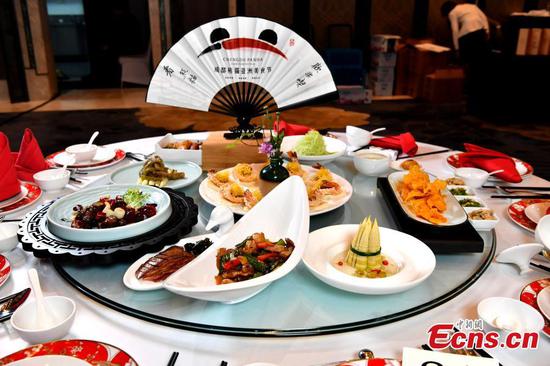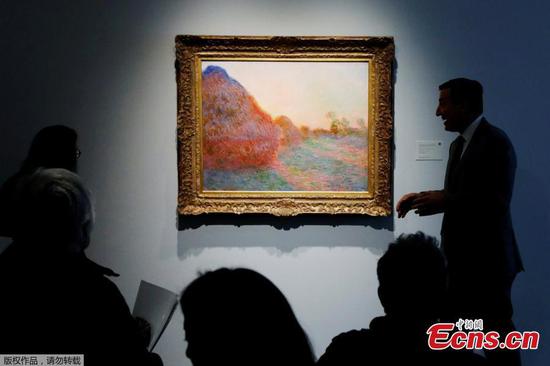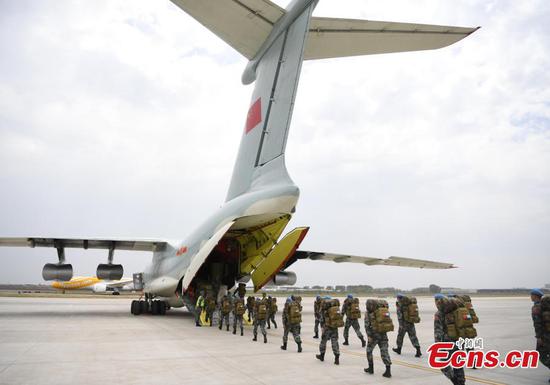Escalating U.S.-China trade frictions would trigger negative spillover on global trade and the American economy, said two former U.S. officials.
The worsening trade row between the world's two largest economies would cause disruptions in global supply chains as well as the two parties' ability to conduct business, according to Jacob Lew, who served as secretary of the Treasury from 2013 to 2017.
"And then it spills over into geopolitical risk, which has a life of its own in terms of creating uncertainty. Uncertainty is not a great ingredient in a 10-year old recovery" of the U.S. economy from the 2008 financial crisis, Lew said at a recent discussion event in New York.
The United States has greatly benefited from being the issuer of the world's dominant reserve currency and the world's banking center for decades, noted the former secretary, who is currently a partner at Lindsay Goldberg, a U.S. private equity firm.
He added that he believes Washington's unilateral tariffs and sanctions have "created kind of blinking yellow lights around the world that is cautioning others from doing business" in the country.
The consequence goes beyond how many percent of GDP growth will be lost, said Lew. "I think the long-term risks to the U.S. economy is quite, quite substantial."
In this regard, Donald Kohn, a 40-year veteran of the U.S. Federal Reserve System, held that the global stock markets and broader financial market would bear the brunt of any turbulence in U.S.-China trade relations.
"We see the stock market go up and down with every rumor about what's happening to the trade deals. ... I think the stock market and financial markets will react to the potential," said Kohn, who is currently a senior fellow of economics at U.S. think tank Brookings Institution.
He further elaborated that the United States has a trade deficit because the country is spending more than it produces, and it is importing stuff to satisfy the spending which they do not produce domestically.
It is more of "a fundamental macroeconomic fact" than unfair trading practices, Kohn argued.
Washington increased additional tariffs on 200 billion U.S. dollars' worth of Chinese imports from 10 percent to 25 percent earlier this month, and has threatened to raise tariffs on more Chinese imports.
In response, China has announced that it will raise additional tariffs on a range of U.S. imports from June 1, and "will fight to the end."
China has pointed out that it is the United States that started the trade disputes, and what China has done so far is purely self-defense to safeguard its legitimate rights and interests as well as to uphold multilateralism and the free trade system.
Beijing has also urged the United States to carefully weigh its gains and losses, get back on the right track as soon as possible, and meet China halfway in achieving a mutually beneficial and win-win agreement on the basis of mutual respect.

















